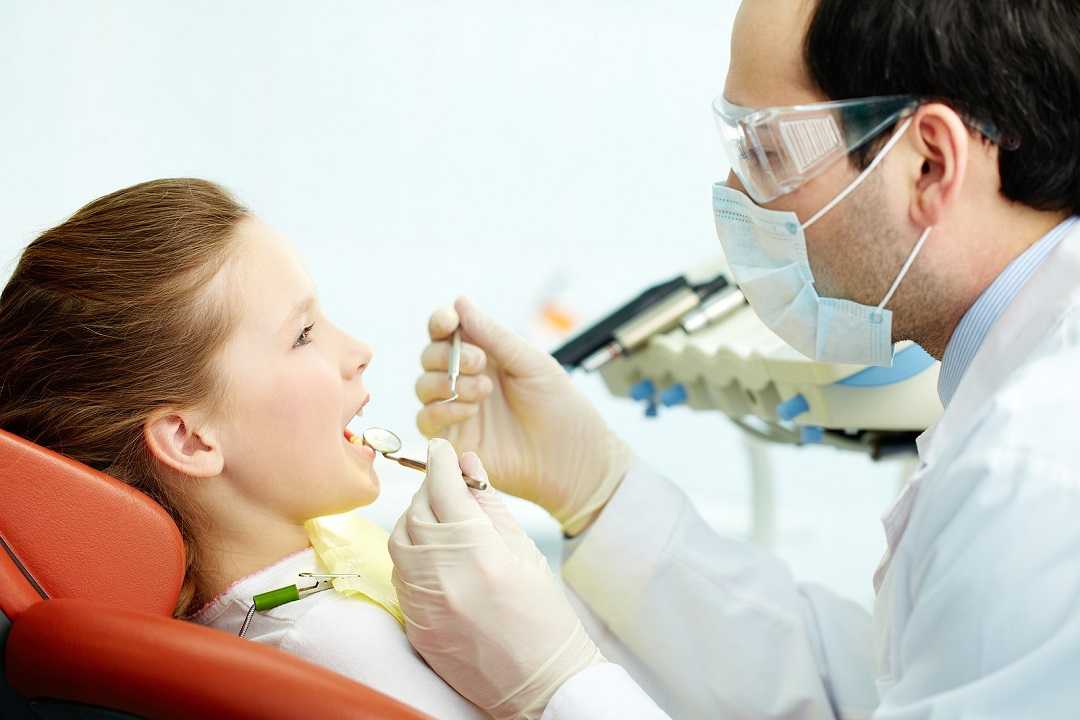This post is a guest submission. Please see our Disclaimer, Disclosures, & Affiliate Notice for details.

Ever wonder why your tooth is in pain? Do you know what cavities are? How would you know if you have one? Can you prevent it? What are your options?
These are some of the questions that you’re probably wondering, especially if you are beginning to focus on your oral and dental health. Here are the answers you’re looking for.
Dental Caries or Cavities
You’ve probably read and heard a lot about dental caries or cavities. The truth is – dental cavities are one of the most common concerns that every individual has in their dental health. They are tiny or small holes found in the hard surface of your teeth.
If you have any kind of hole in your teeth, this means you have cavities. These holes happen when bacteria from certain foods and drinks sits in the surface or corners of your teeth and produce an acid that corrodes the enamel or coating of the teeth.
Common Symptoms of Cavities
Aside from the holes, whether tiny or huge, other symptoms of dental caries will include:
If you have any or all of these things, it is already a sure sign that you may have cavities. If you haven’t had a dental exam recently, it may be time to schedule one now.
Preventing Cavities
While cavities are very common, you can actually prevent this from happening. There are tons of ways that you can do prevent this:
When you practice these every day, you can lower the risk of having dental caries or cavities.
Do Cavities Go Away Without Dental Treatment?
If dental caries or cavities are found on the very early stage, and have not corroded yet the surface of the teeth, then you can easily reverse it. The best thing that you can do is to continue practicing efficient and effective oral and dental hygiene.
However, if you have noticed that there are already holes and you are already experiencing pains, then it is best if you consult with a dentist.
What Happens If Left Untreated?
If dental caries or cavities are left untreated, the tooth will likely deteriorate. Also, you must understand that there are a lot of risk factors when you do not pay attention to the symptoms, especially if you already know that you have cavities.
Letting it sit and doing nothing will only cause much more serious problems. This may even affect your overall health, and certainly the quality of your life.
The 4 Common Treatments For Cavities
There are generally four common treatments that dental experts and dentists provide to patients who have dental caries or cavities. Your dentist will tell you which one is the right option for you, taking into account the size & location of the cavity.
Fillings are the most common treatment of all. Dentists will “fill” the holes on your teeth with certain materials to prevent further deterioration. The materials could include silver, gold, or some newer composites.
When holes have become much bigger and cavities are more serious, crowns are provided to treat the concern. It is similar to fillings but, it is a custom-fitted covering, likened to a “cap,” which will be placed over the tooth.
Root Canal
When the decay has reached the inner part of your teeth, and nerves are already damaged, a root canal will be the right treatment as the dentist will already remove the damaged nerves and clean the internal section of the teeth, before finishing it with fillings or crowns.
The final solution to treat dental caries or cavities is extraction. In this treatment, the tooth or teeth will be removed as it is no longer functional. Normally, this treatment is given if the tooth or teeth is already severely damaged.
After the cavity has been treated, it’s important to practice the proper post-dental care.
Does It Hurt?
Cavities and caries will hurt. As for the treatments, it depends on the type of treatment. But, of course, there will be pain, especially during the recovery. More often than not, treatments are done with anesthesia. So, you would not feel a thing during the process.
Regardless, you have to immediately treat this concern as it may cause further deterioration, and even affect the neighboring teeth. Also, there might be pain in the process of the treatment, but this will certainly be much better than having caries or cavities.
Other Things To Know About Cavities
As mentioned, dental cavities or caries are common. However, they are not normal. And as much as possible, you will want to prevent it from happening as it does not offer anything good to your dental and oral health.
This can also affect almost every aspect of your life. And even decrease the quality of your lifestyle as it will certainly impact your day-to-day living in a negative manner.
Final Thoughts
When you observe proper dental and oral hygiene, you will certainly eliminate the risks of experiencing different oral and dental concerns, like caries or cavities. Make sure to always talk to your dentists as they know what will work best in your case. Also, listen to what they are saying and follow their recommendations as this will help you improve your dental and oral health.
This content was originally published here.









